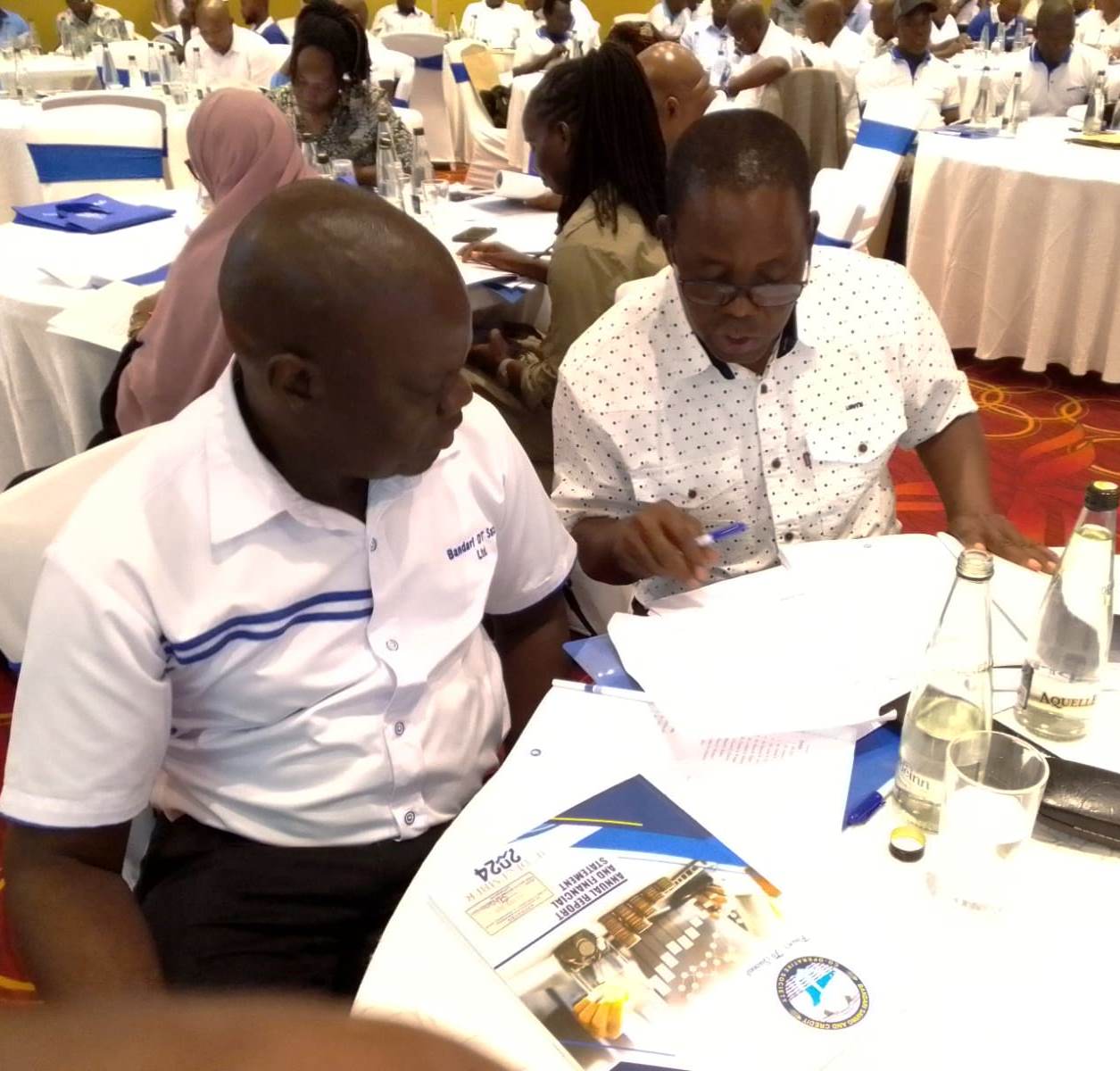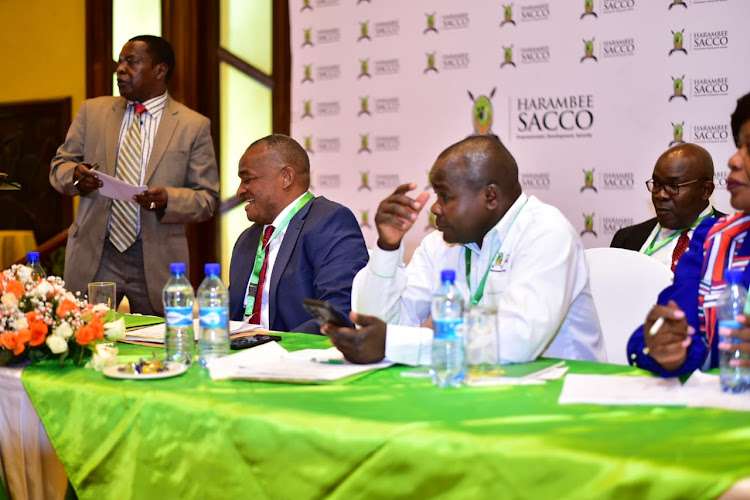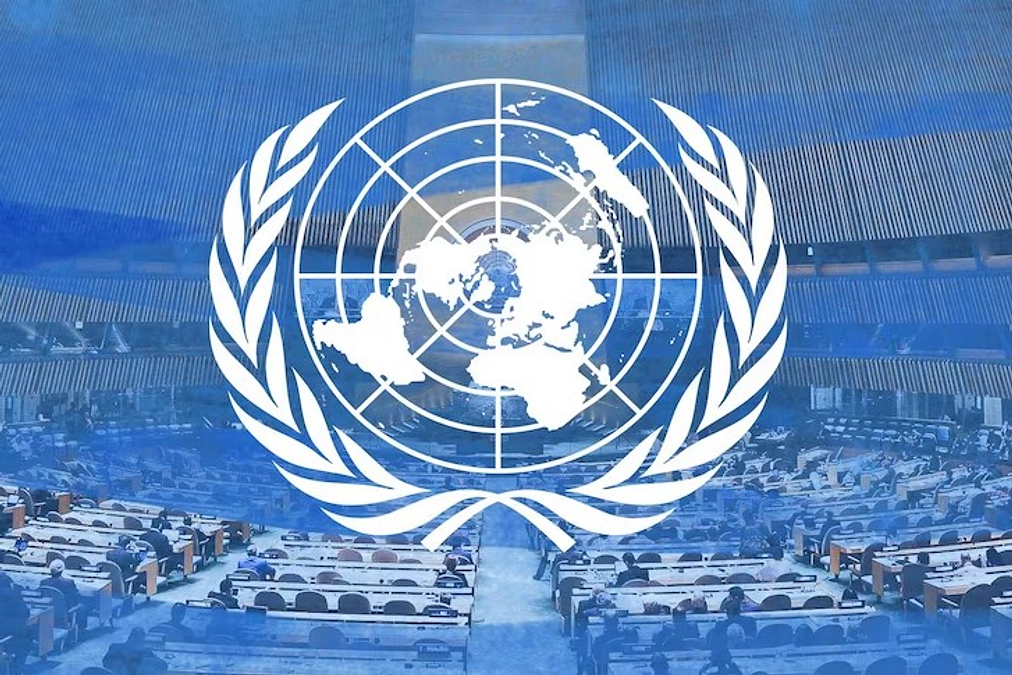In preparation for the long rains planting season, the government has begun distributing subsidized fertilizer to farmers across the country. The initiative aims to ensure that farmers are well-equipped to begin the planting season on time and to promote uninterrupted agricultural activities.
State Department of Agriculture Principal Secretary Dr. Paul Kipronoh Ronoh confirmed to journalists that the government’s distribution strategy is targeting all regions of the country. The first batch of 7.5 million bags of fertiliser was flagged off in separate events in Narok and Bomet, with the primary focus on Kenya’s five major breadbasket counties: Narok, Bungoma, Uasin Gishu, Kisii, Nyamira, and Trans Nzoia.
Speaking during the event, Ronoh assured farmers that the government was committed to a smooth and timely distribution process, addressing concerns about previous delays. He emphasized that the subsidised fertiliser, which will be sold at a fixed price of Sh2,500 per 50-kilogramme bag, is part of the government’s efforts to stabilize food prices through effective management of agricultural input subsidies.
Fertilizer Available in Agrovets
To ensure wider and more efficient access, Ronoh revealed that certified Agrovets across the country will now be part of the fertiliser distribution network, alleviating long queues at the National Cereals and Produce Board (NCPB) stores. This expanded distribution chain is designed to make fertiliser available at more convenient locations for farmers, starting Monday next week.
Ronoh’s announcement comes as part of the government’s broader effort to improve food security and local agricultural productivity. He also reiterated the government’s push for supporting local production, particularly by urging millers to prioritize purchasing domestically-grown wheat before seeking imports. This move follows concerns from farmers in Narok, who reported having 125,000 bags of unsold wheat at the NCPB, which is tying up valuable farmer capital and hindering the growth of local production.
Government Push for Local Wheat Purchase
The PS directed the Agricultural Food Authority (AFA) to enforce regulations that require millers to purchase a specific quota of locally grown wheat before they are permitted to import. Governor Patrick Ole Ntutu of Narok, who accompanied Ronoh during the flagging-off ceremony, expressed concern that the government’s failure to absorb locally-produced wheat continues to stifle local agriculture and negatively impacts farmers’ incomes.
In 2023, Kenya produced 310,000 metric tons of wheat, with Narok contributing 168,000 metric tons. However, the lack of a reliable domestic market for wheat is affecting farmers’ ability to sustain production.
Support for Agri-preneurs
To further engage farmers and improve access to agricultural support, Ronoh also introduced 210 newly recruited agri-preneurs. These individuals will be responsible for registering farmers for subsidised inputs and raising awareness of government agricultural programs aimed at improving productivity and food security.
As the planting season approaches, the government is keen to ensure that farmers have the necessary resources to make the most of the rains, which are critical for crop production. With the subsidized fertilizer initiative and increased focus on local production, the government is laying the foundation for more sustainable agricultural practices and greater food security in the coming months.





